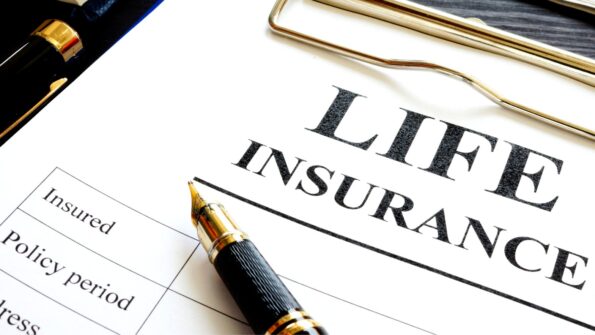Buying life insurance is possibly a big step in helping to secure your family’s future in case something happens to you. Since life insurance can potentially impact your loved one’s future, choosing a policy carefully is crucial.
Whether you plan on buying insurance online or visiting an insurance company’s physical office, there are some things you must consider.
Your Financial Situation
Assess your financial situation before looking for life insurance policies.
Life is busy, and often we pay for things using credit cards or cash without having a clear idea of how much we spend monthly. We may also have various investments and savings accounts. Because of this, we may have no idea how much money we have or how much we need every month to meet our family’s basic needs.
A good start is determining the cost to maintain your monthly expenses. Then take stock of your emergency funds, savings, and investments and consider if these will be enough to support your dependents if you die. Also, factor in any debt you may have.
Knowing how much your savings and investments are worth will give you a better indication of how much coverage you need from your life insurance policy.
Amount of Cover You Need
Once you’ve got a clearer picture of your financial situation, you should be able to work out an approximate amount of coverage you will need.
Consider your financial contribution to the family to determine how much coverage you need. You may need more coverage,
if you are the sole breadwinner of your family.
If your spouse doesn’t contribute financially and depends on you, calculate how much they would need to maintain a similar standard of living.
Another consideration is your children. You’d probably need more coverage to provide for their care if you have small children. On the other hand, you’d likely only need to ensure your spouse is maintained if you have independent, adult children.
Your Age and Health
The best time to purchase a life insurance policy is when you’re young and healthy since you will benefit from lower, fixed premiums. As you grow older, you are seen as a bigger risk to insurance companies as older people are more likely to develop health issues, so premiums become more expensive.
Type of Life Insurance
You must decide on the type of life insurance that is best for you and that fits your budget.
These are possibly the two most popular types of life Insurance – Term Life Insurance and Permanent Life Insurance.
Term life insurance is typically cheaper and is taken over a certain period. You may choose the length of your term, for example, ten, twenty, or thirty years.
Usually, you may buy term life insurance because you only need to be covered for a fixed number of years, like when your children are young.
After the policy expires, it holds no value even if your beneficiaries have not been paid out.
Permanent life insurance is usually pricier, but it doesn’t expire, provided you pay the monthly premiums. Depending on the policy, you may get a fixed rate so that your premium remains the same throughout your life.
Permanent life insurance can be viewed as an investment because it may also have a savings feature that increases in value. You may withdraw money if you need to and use it as collateral for a loan.
Beneficiaries
People who buy life insurance name their spouse and children as their primary beneficiaries, but you may choose anyone who depends on you. It can include your parents, siblings, or a business partner. Apart from dependents, you can also choose to name charities that you support.
It’s a good idea to list a contingent beneficiary. If you’re wondering what is a contingent beneficiary, it’s someone next in line to claim the benefits of your policy if the primary beneficiaries are unable to do that.
Final Thoughts
Taking out a life insurance policy is a crucial step that can protect your loved ones from the financial burden if you die. It may also help them continue paying their living expenses if they depend financially on you. Since purchasing life insurance is an important decision, it’s helpful to take some time to consider your options and find the type of coverage that suits you and your dependents.












